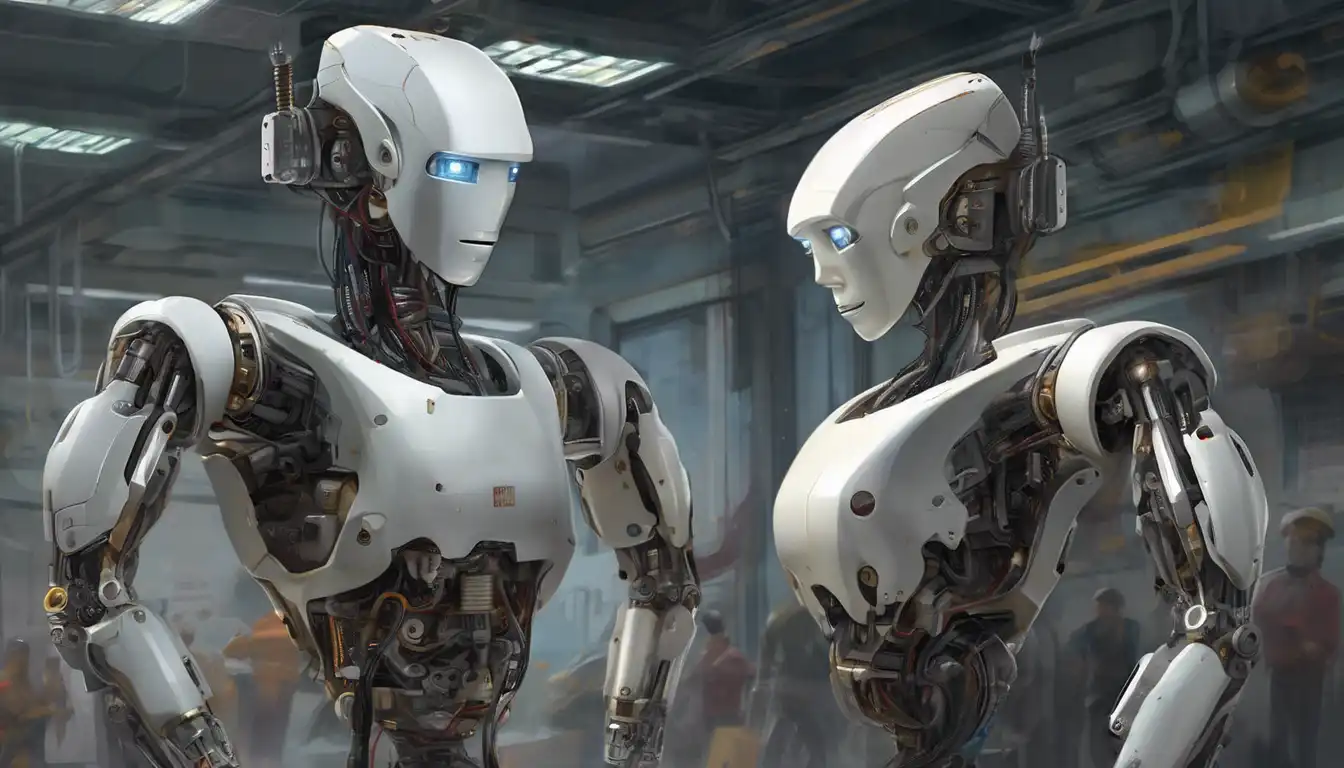The Moral Dilemmas of Autonomous Robots
In the rapidly evolving world of technology, autonomous robots have become a cornerstone of innovation. These self-operating machines, powered by artificial intelligence (AI) and machine learning, are transforming industries, from manufacturing to healthcare. However, as their capabilities expand, so do the ethical questions surrounding their use and impact on society.
Understanding Autonomous Robots
Autonomous robots are machines capable of performing tasks without human intervention. They rely on AI to make decisions, learn from their environment, and improve over time. This autonomy raises significant ethical considerations, particularly in areas like privacy, safety, and employment.
Privacy Concerns
One of the primary ethical concerns is privacy. Autonomous robots, especially those equipped with cameras and sensors, can collect vast amounts of data. Without proper regulations, this could lead to unprecedented surveillance and data misuse. It's crucial to establish clear guidelines to protect individual privacy rights in the age of autonomous technology.
Safety and Accountability
Another critical issue is safety. When an autonomous robot makes a decision that leads to harm, who is held accountable? The lack of clear accountability frameworks complicates matters, especially in life-or-death scenarios, such as autonomous vehicles making split-second decisions on the road.
The Impact on Employment
The rise of autonomous robots also poses ethical questions about employment. As machines take over tasks traditionally performed by humans, there's a growing concern over job displacement. It's essential to consider how society can adapt to these changes, ensuring that the benefits of automation are balanced with the need to protect workers' livelihoods.
Ethical Frameworks for Autonomous Robots
Developing ethical frameworks for autonomous robots is imperative. These frameworks should address decision-making processes, ensuring that robots operate in ways that align with human values and ethics. Incorporating principles like transparency, fairness, and respect for human dignity can guide the responsible development and deployment of autonomous technologies.
Looking Ahead
As autonomous robots become more integrated into our daily lives, the ethical implications will only grow more complex. It's up to policymakers, technologists, and society as a whole to navigate these challenges thoughtfully. By fostering open dialogue and collaboration, we can harness the benefits of autonomous robots while mitigating their risks.
For further reading on the impact of technology on society, explore our technology and society section.
